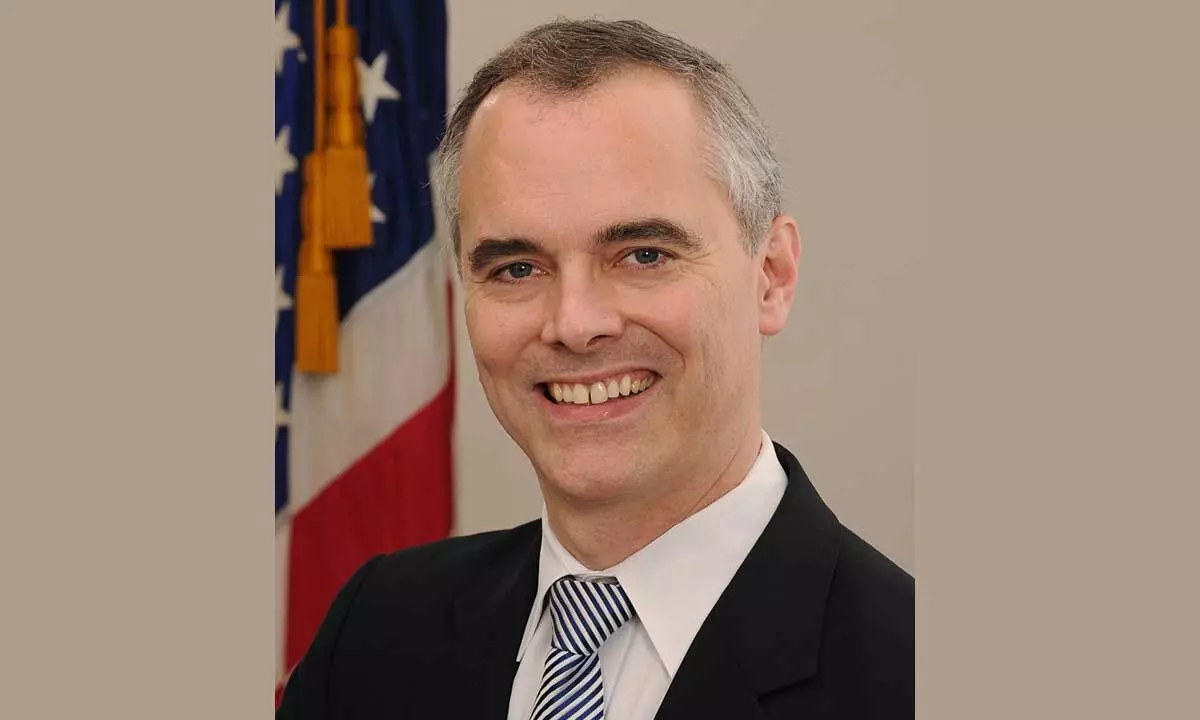Focus on innovation and collaboration: CEPI
For taking on the challenge and prevention of the next pandemic, says Dr Richard Hatchett
image for illustrative purpose

Hyderabad: An alliance between public, private, philanthropic, and civil organisations, CEPI (Coalition for Epidemic Preparedness Innovations) on Friday said India has a unique opportunity given the concentration of talent and capability particularly in the development of medicine. Hence, the country with its focus on innovation and collaboration has the capability in preventing the next pandemic.
As a member of G20, CEPI said India can help the world transform of how it responds in terms of future infectious diseases. “We do not know when and where will the next disease come from. If we focus on innovation and collaboration we can take on the challenge and even prevent the next pandemic,” CEO of CEPI-UK, Dr Richard Hatchett said.
He was speaking at BioAsia, the leading life sciences event which began here on Friday. The 20th edition of BioAsia is being attended by healthcare, pharma, and life sciences leaders from more than 100 countries.
The CEO called for multilateral and secular approach – scientific collaborations at national, regional and global scale for achieving success. “India needs to export its scientific and manufacturing know-how to the world. India’s ingenuity has been in releasing the vaccines at such a large scale in a short time saving millions of lives around the world – mitigating economic losses.”
The CEO further said that viruses do not wait for the community including political leaders, scientists and drug manufacturers to brace themselves. “Covid 19 was disruptive. India as part of G20 has the tremendous opportunity for leadership in the world and for its commitments to respond to the medical emergencies. By working collaboratively with expertise, effort and time, we can give humanity a future free of pandemic.”
Speaking about CEPI’s dynamic state of readiness Hatchett informed CEPI has embarked on reducing vaccine development timelines to 100 days. “We have proposed to develop a global library of prototype new vaccines. How do we use the global virus library if not encountered a virus before? The idea is to adapt a vaccine that we have against the new viruses,” he added.

